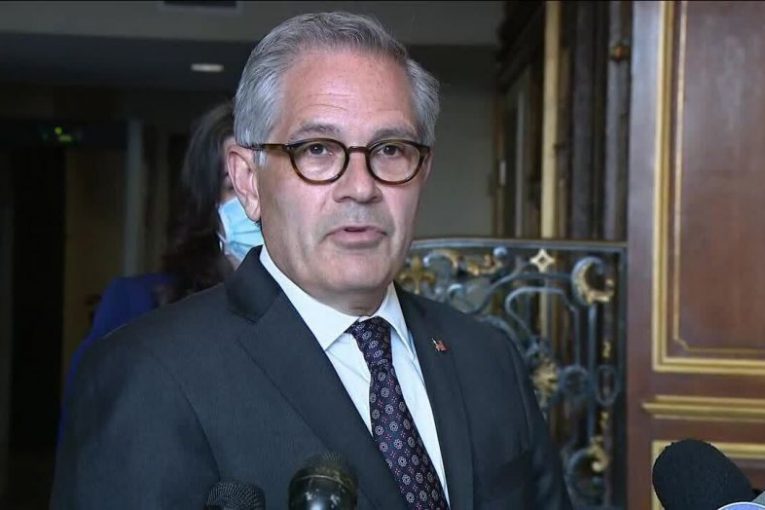

By Casey Rawlings
PHILADELPHIA, PA – The Commonwealth Court of Pennsylvania decided in a unanimous vote last week the Philadelphia Police Department (PPD) must provide officer misconduct information to the District Attorney’s Office, as required by the U.S. Constitution.
The decision was in response to a lawsuit filed by the Fraternal Order of Police Lodge No. 5 v. City of Philadelphia.
In the decision, the court stated “the City has a derivative duty to assist the District Attorney(DA) with fulfilling his constitutional obligation to criminal defendants, by providing the DA, at his request, with information regarding such allegations,” the court explained.
After hearing results of the case, Philadelphia DA Larry Krasner stated that “the Commonwealth Court unanimously and unequivocally affirmed what the law and constitution state: That police and prosecutors are required to support a fair and open criminal justice process, which means no lying or cheating to get a  conviction.”
conviction.”
He described the unjust actions that this decision helps prevent, such as “hiding exculpatory evidence, coercing false testimony, or putting up officers who lied during arrests on the stand.”
He stated that this is how this system operated for far too long, adding that it ruined untold lives and communities.”
Elected to the DA position in 2017, Krasner campaigned on a platform to reform elements of the criminal justice system, including to reduce incarceration. He suggests this court decision will help him reach that goal.
In explaining the importance of the case, Krasner described that “it is telling… that the Fraternal Order of Police’s (FOP’s) primary complaint here is that officers’ reputations and access to court appearance pay and overtime pay should instead supersede the basic due process rights of civilians.”
He said the reckoning with accountability for misconduct needs to occur within (police) organizations and be confronted to begin restoring trust between cops and over-policed communities.
Evidently, the FOP complaint also incorrectly focuses on a do-not-call list which does not exist in the Krasner Administration, and erroneously describes the process of how the District Attorney’s Office discloses officer misconduct to defense counsels.
Since 2018, the DA Conviction Integrity Unit has facilitated 23 exonerations of 22 wrongfully convicted individuals, nearly all of whom had convictions obtained by misconduct. and DA Krasner believes this decision can help prevent these in the future.
Krasner concluded with “we are very optimistic that the court will support my office’s efforts to achieve the fairest, most transparent, and most credible process for officer misconduct disclosures in this city’s history, as we work to repair harms inflicted on individuals, communities, and taxpayers by the unconstitutional practices of the past.”
